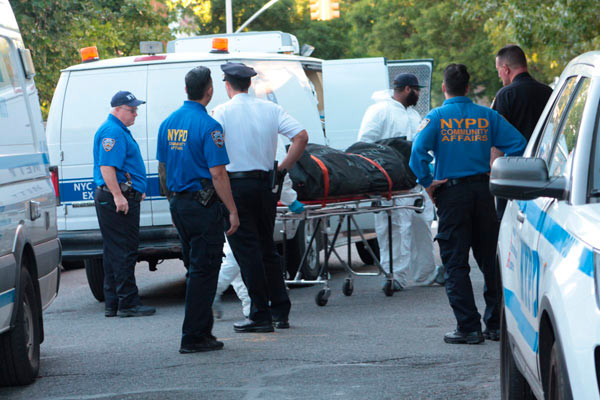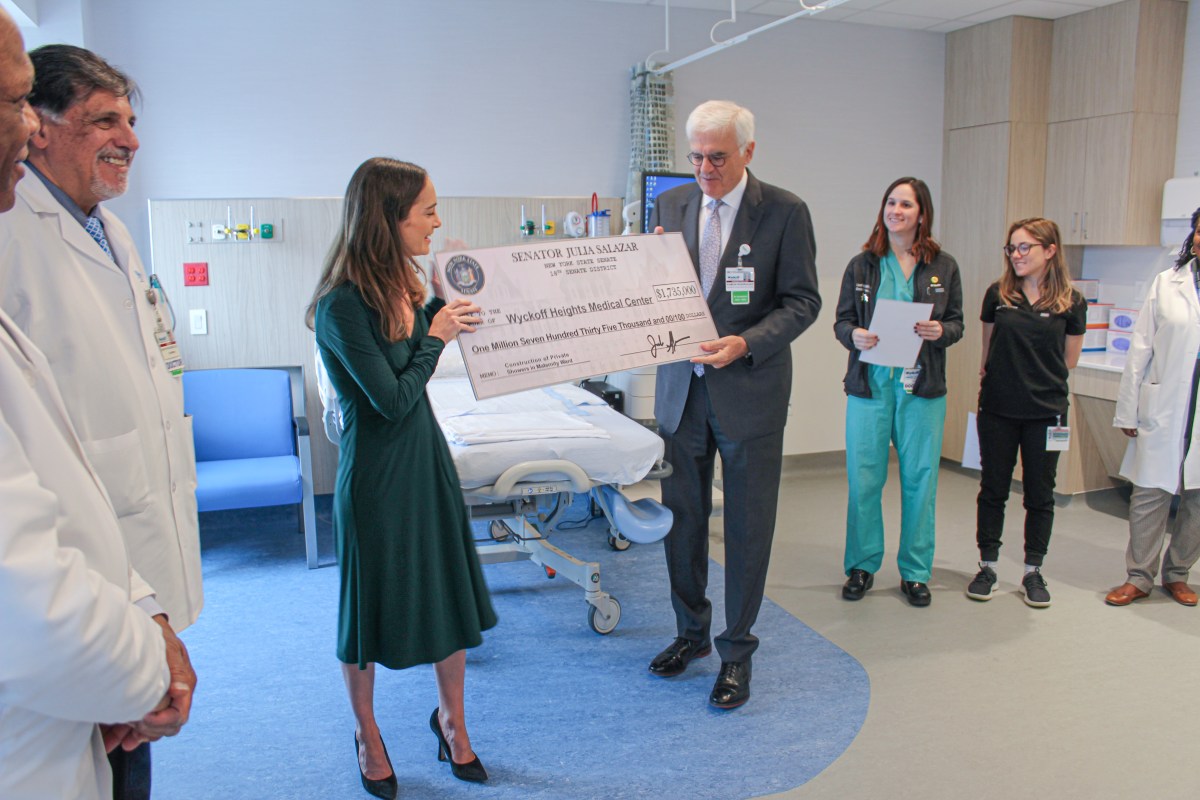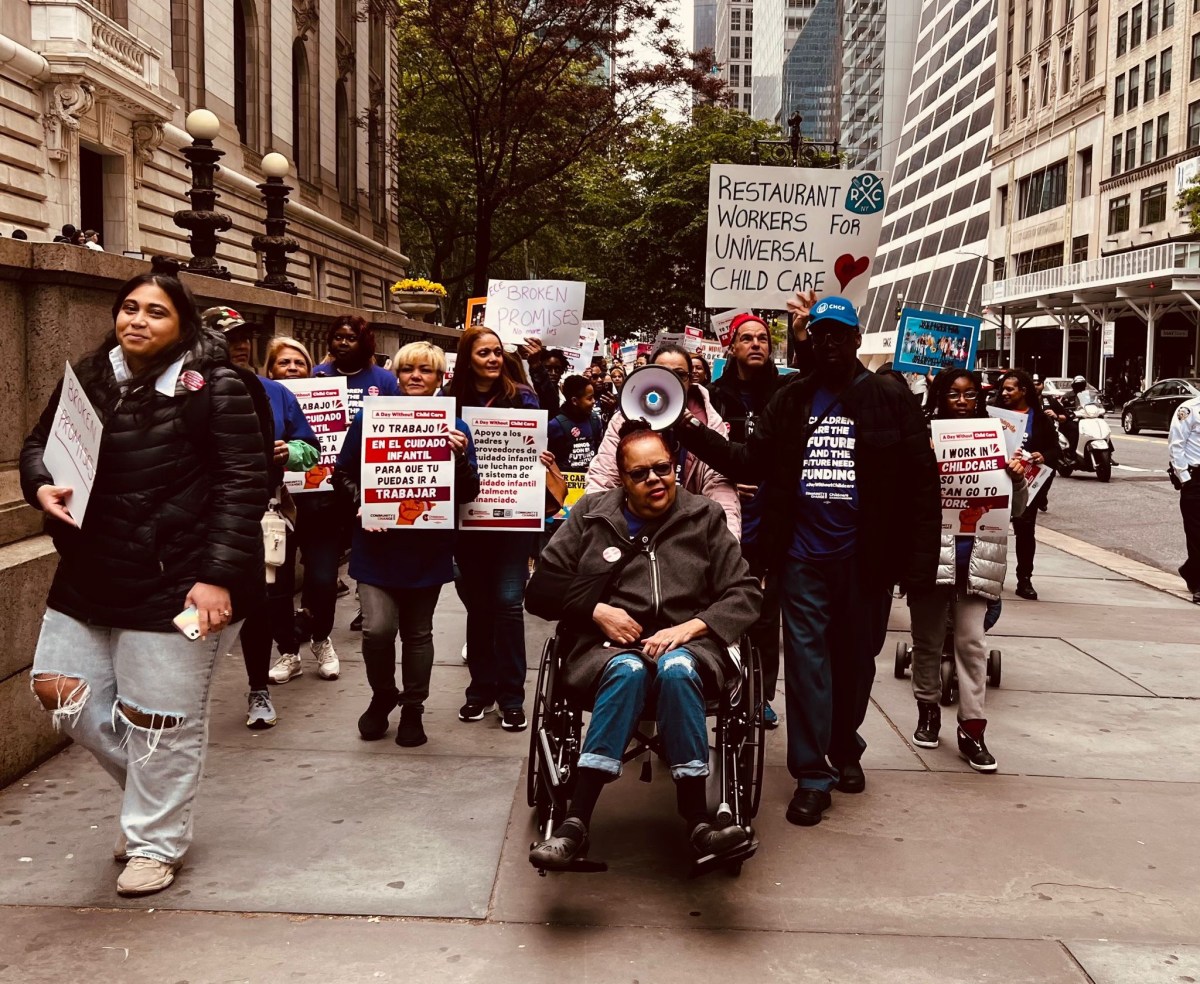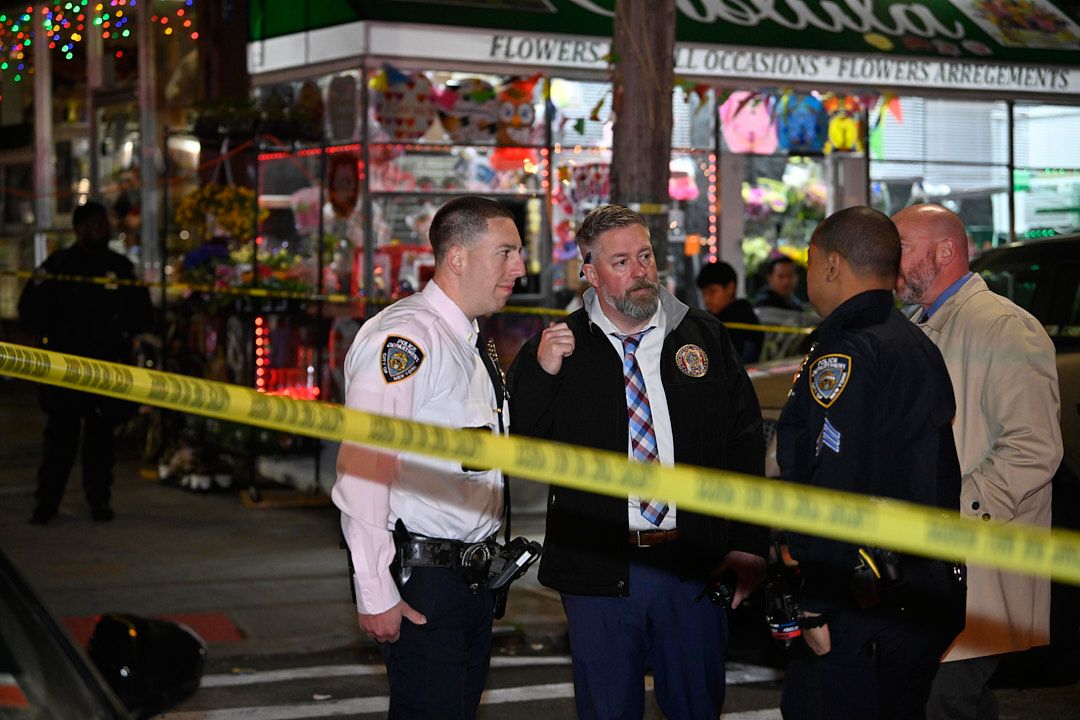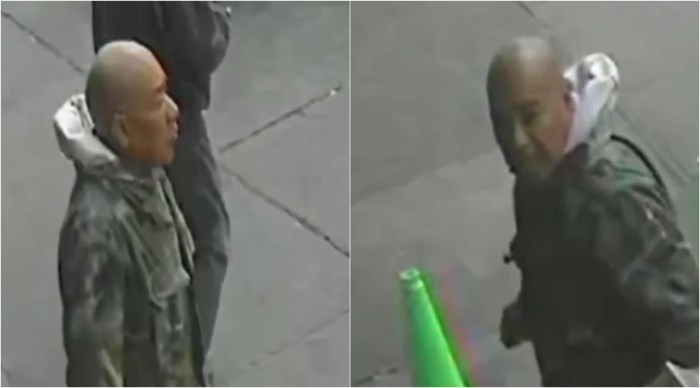The bizarre death of a convicted child-murderer’s brother just got even more mysterious.
The medical examiner can not figure out what killed Tzvi Aron, who was found dead and bound with duct tape in the basement of his mother’s Kensington home on June 2, and ended its investigation with no definitive findings, a spokeswoman said on June 27.
“The cause of death is undetermined, and the manner of death is undetermined,” said Julie Bolcer. “An undetermined classification means that the medical examiner has concluded the investigation and can not rule with certainty after taking into account all the available information and any test results.”
Bolcer called the examiner’s inconclusive findings “not highly uncommon,” and said it concluded other investigations with similar results as recently as this month.
But determining cause of death in this day and age is like falling off a log, according to a Brooklyn defense attorney who said it is unusual for the medical examiner to blow an investigation of a death — especially one with as much public interest as that of Aron, the brother of Levi Aron, one of the borough’s most notorious killers.
“They are so exact in their science that they can determine when you died, how you died, where you died,” said Neil Ruskin, who has practiced law in New York state since 1972. “To hear that doesn’t make any sense.”
Ruskin — who is not affiliated with the situation — suggested a cover up is in the works, and said that the medical examiner’s office knows far more than it is letting on.
“I’ve heard that horse s— before,” he said. “It’s a cover up. They don’t want to say what’s going on.”
Another attorney, who represented Levi Aron after he plead guilty to murdering 8-year-old Leiby Kletzky, said that Tzvi Aron could have suffered from mental illness like his brother or their sister, who suffered from schizophrenia, and likely committed suicide.
“You have a history of very severe mental illness in the family, with Levi probably the sickest of all,” said Howard Greenberg, whose client ultimately was deemed fit to stand trial and was sentenced to 40 years in prison.
The lawyer went on to speculate that, if Tzvi Aron’s death was a suicide, the medical examiner could be holding back information in order not to embarrass the Jewish community, which considers killing yourself a cultural taboo.
“It’s a suicide and they don’t want to publish the results,” Greenberg said.
Not everyone found fault with the medical examiner, however.
A Manhattan defense attorney also not connected to the situation said that, while he never has handled a case where the medical examiner could not determine a cause of death, it is not unheard of.
The lawyer pointed to the case of Otto Warmbier, the University of Virginia student who died earlier this month after being released in a coma following 17 months of captivity in a North Korean prison. Doctors said Warmbier had “extensive loss of brain tissue in all regions of his brain,” but could not determine the initial cause of his injury, the New York Times reported.
The attorney said it is possible that Tzvi Aron was tortured — potentially as punishment for his brother’s crime — and said that a heart attack incidental to the abuse could be what actually killed him, complicating the medical examiner’s attempt to determine exactly what happened.
The medical examiner’s office maintained its findings and the process through which it arrived at them, Bolcer said, noting that its investigation into Tzvi Aron’s death did not differ from any other procedure that concluded with similar ambiguity.
“Even with the most advanced science and technology available, the medical examiner reaches the conclusion of undetermined cause and manner of death in a small minority of investigations,” she said. “The level of public interest in a case and the communities represented have no bearing on the impartiality of investigative outcomes.”


